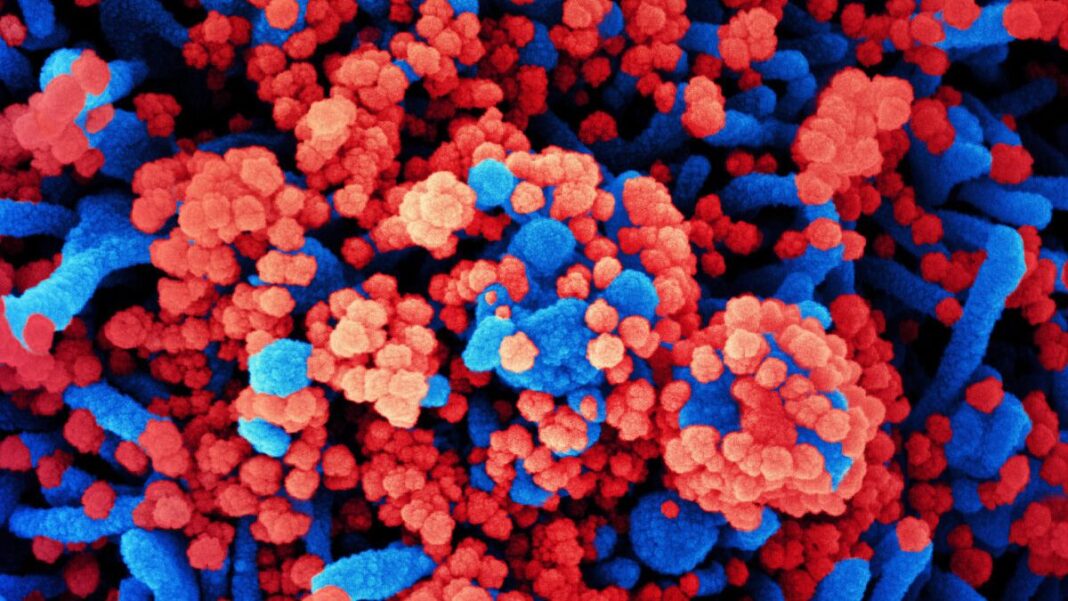The protection afforded by surviving COVID-19 was strong against the latest virus subvariants, including the one currently dominant in the United States, scientists in Qatar found.
People who were infected with Omicron, a variant of SARS-CoV-2, had 76.1 percent protection against symptomatic reinfection from BA.4 and BA.5 and 80 percent shielding from any reinfection, regardless of symptoms, according to the preprint study.
SARS-CoV-2, also known as the CCP (Chinese Communist Party) virus, causes COVID-19.
Omicron became the dominant virus strain in many countries in late 2021. Since then, a number of subvariants have taken hold. BA.5 is the strain currently dominant in the United States.
While protection from an Omicron infection provided robust shielding against reinfection, those who contracted a pre-Omicron strain had little protection, according to the Qatari scientists, who were led by Dr. Laith Abu-Raddad with Weill Cornell Medicine-Qatar.
Pre-Omicron infection provided just 15.1 percent effectiveness against symptomatic BA.4 and BA.5 reinfection and just 28 percent infection against any reinfection.
The scientists analyzed data from national COVID-19 databases.
Infections before Omicron were those that occurred before Dec. 19, 2021, when the variant wave started in Qatar.
Protection ‘Strong’
“Protection of a previous infection against BA.4/BA.5 reinfection was modest when the previous infection involved a pre-Omicron variant, but strong when the previous infection involved the Omicron BA.1 or BA.2 subvariant,” the scientists wrote.
Natural immunity has long been found to be superior to the protection from COVID-19 vaccines, and the new study is no exception. Vaccines provide little protection against Omicron infection and perform worse against infection and severe illness from the BA.4 and BA. 5 subvariants, studies have shown.
Natural immunity also waned against BA.4 and BA.5, highlighting how the subvariants are better at evading protection, the Qatari researchers found.
The group has been studying natural immunity for years and recently discovered that the protection from prior infection against severe disease showed no signs of waning, regardless of what strain infected the person.









